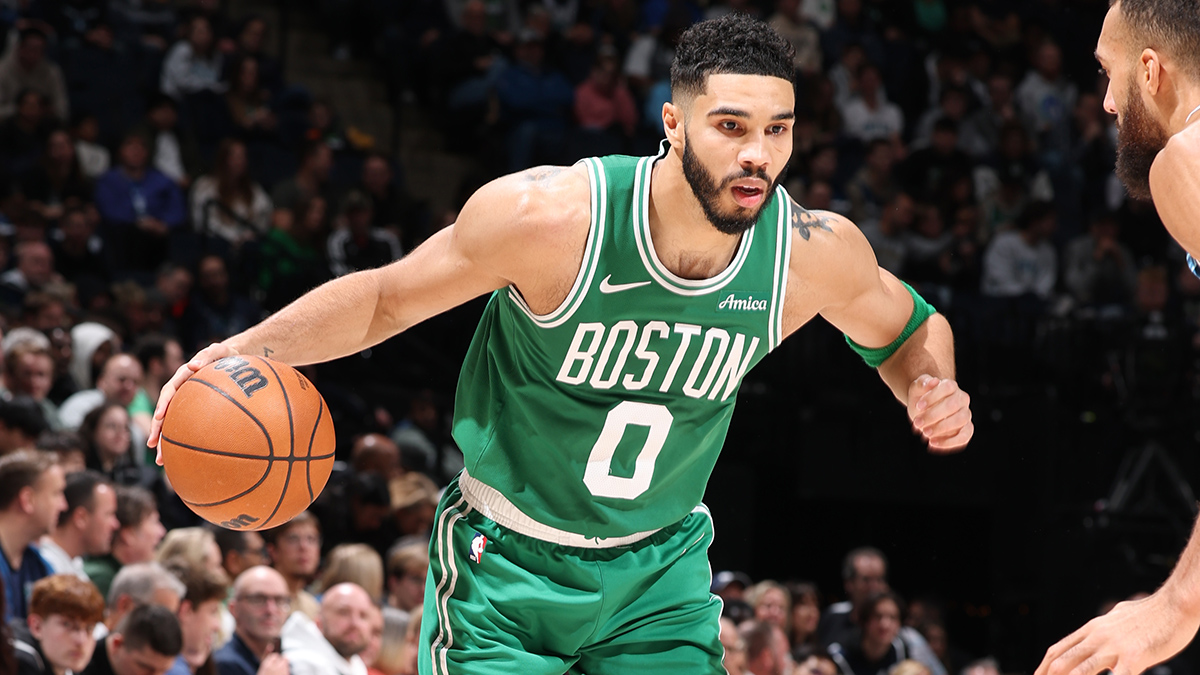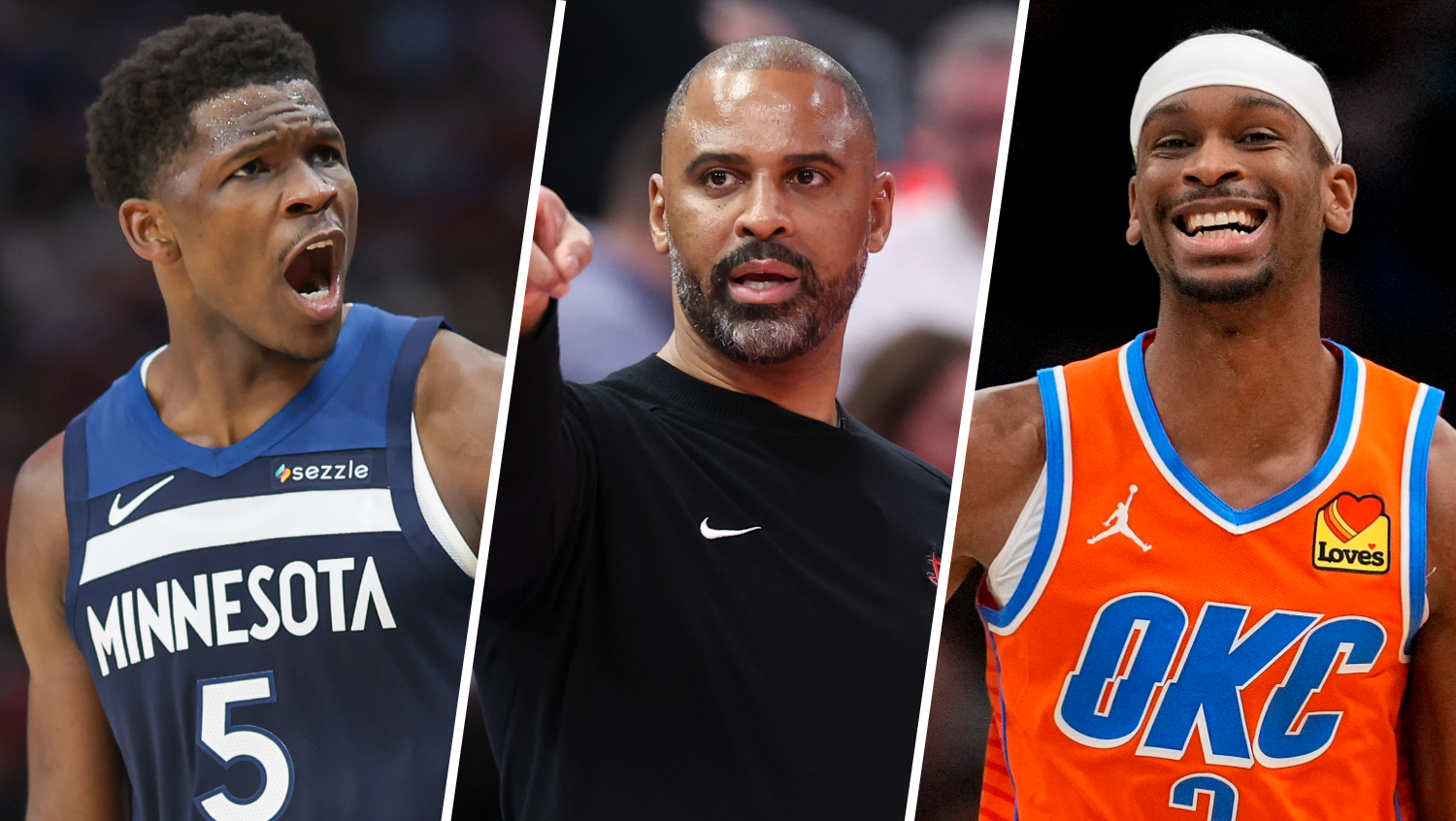
Sometime today, the NBA is expected to announce the remaining games in November to be canceled, moving the league one step closer toward having the entire season wiped out, which would be a first in NBA history.
This latest round of canceled games will have a much, much greater impact than the first wave of cancellations.
Missing games the first two weeks of the season (Nov. 1-14) is one thing.
But losing the remaining games in November, beginning on Nov. 15, is a huge, huge deal.
Players usually get paid on the 15th and 30th of every month during the season, beginning in November and ending in May. Some have their payments spread out over the course of a year, from Nov. 1 through October 31.
And while there's still plenty of time left to get a deal done and salvage the remainder of the season, talks have taken a more drastic, negative tone following the most recent set of meetings.
Having spent more than 30 hours negotiating over a three-day period of time, talks broke off Friday evening with both sides claiming it was the other who ended discussions.
Boston Celtics
Find the latest Boston Celtics news, highlights, analysis and more with NBC Sports Boston.
It doesn't matter whoshut down the talks.
The end result is that there is no CBA in place, and there's little hope that one will get done anytime soon.
"Both sides hopefully won't harden," said Spurs owner Peter Holt, who is also chair of the league's labor relations committee. "Right now, it could be tougher to meet again and resume talks than it has been in the past to get back together."
The two biggest issues remain how to divide up the Basketball-Related Income, and the system under which the league will operate moving forward.
NBA owners want at least 50 percent of the BRI, after having had just 43 percent of the BRI in the last CBA.
Meanwhile, the players were initially offering to go down to 53 percent, and later proposed a band in which they would make at least 50 percent but no more than 53 percent.
The league rejected both, but did express some interest in a band that starts at 49 percent but goes no higher than 51 percent.
NBA commissioner David Stern's ownership group has a long list of desires for a new deal with the players, including the shortening of contracts, a harsher luxury tax, and the flexibility of having more non-guaranteed contractsall moves essentially designed toprotect themselves from themselves.
Throughout this lockout, there has been a sharp contrast between the owners and players.
This was quite evident when talks broke off last week.
Holt, who addressed the media in place of Stern while the commissioner was home with the flu, had a different take on where things stood compared to the union's perspective.
"Both sides, for lack of a better term, felt stuck," Holt said. "We kind of wore each other out. We are where we are. They are where they are. We need some fresh air, and maybe some fresh thoughts and maybe try to get together."
Moments after Holt's words, the union said that they were prepared to negotiate with the owners throughout the weekend.
According to Billy Hunter, talks broke down when the owners gave the union a "take-it-or-leave it" offer on the BRI being split 50-50.
Hunter said the union wasn't going to make that kind of decision unless they knew what type of systematic changes the league was planning to do.
"If you're pushing the 50-50, there's no way in the world, even if it's feasible, for a 50-50 deal, if we don't know what the system is," said Hunter, who added that the owners didn't want to talk about the system changes unless they could get a commitment on a 50-50 split.
Regardless of which story you believe, it's clear that the NBA came into these negotiations with a very clear-cut agenda, andso far at leastwill do whatever it takes to get their wayeven it means losing an entire season.
"We don't take anything we do lightly at all," said NBA Deputy Commissioner Adam Silver. "But we have certain core beliefs that we have to address that we think are absolutely necessary to achieve before we continue to play NBA basketball."


